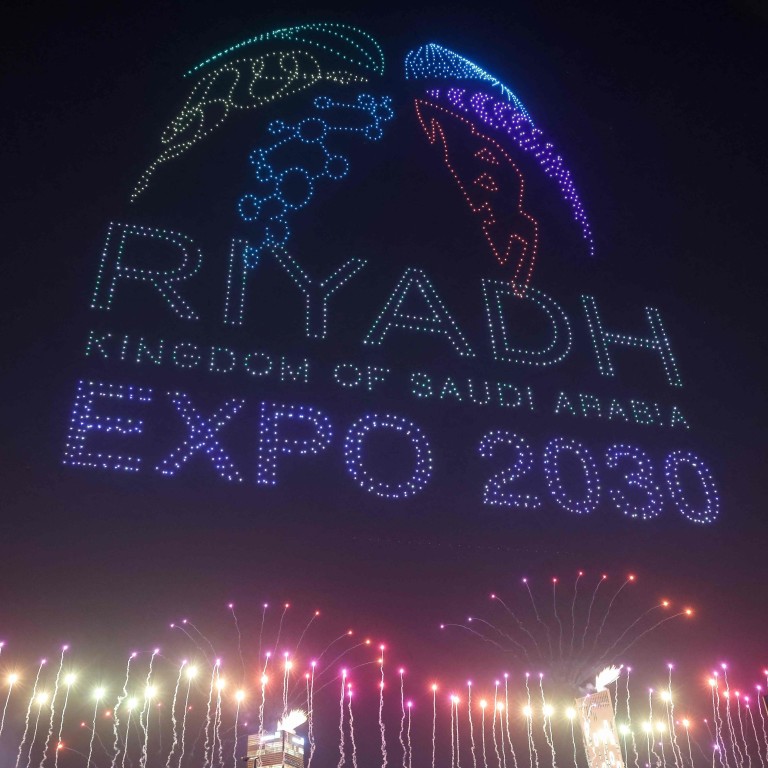
‘World will be watching’: can Saudi Arabia’s crown prince MBS deliver Expo 2030 success?
- The event will coincide with the completion of Vision 2030, Crown Prince Mohammed bin Salman’s US$1.25 trillion programme to ‘transform’ Saudi Arabia into a modern powerhouse
- By authoring the kingdom’s ‘success story’, he could also further ‘rehabilitate’ his global standing, which was smeared in 2018 over the murder of journalist Jamal Khashoggi
But the 38-year-old leader will have to deliver and meet the high expectations of Saudi Arabia’s fast-growing youthful population and prospective foreign investors alike, long-time observers of the oil-rich desert kingdom told This Week In Asia.
The occasion will also further test the personal standing of the Saudi crown prince – widely referred to by his initials MBS – as a political leader, because of the not-surprisingly stubborn smear on his reputation caused by the brutal 2018 murder of dissident Saudi journalist Jamal Khashoggi, at the hands of security agents at the kingdom’s consulate in Istanbul.
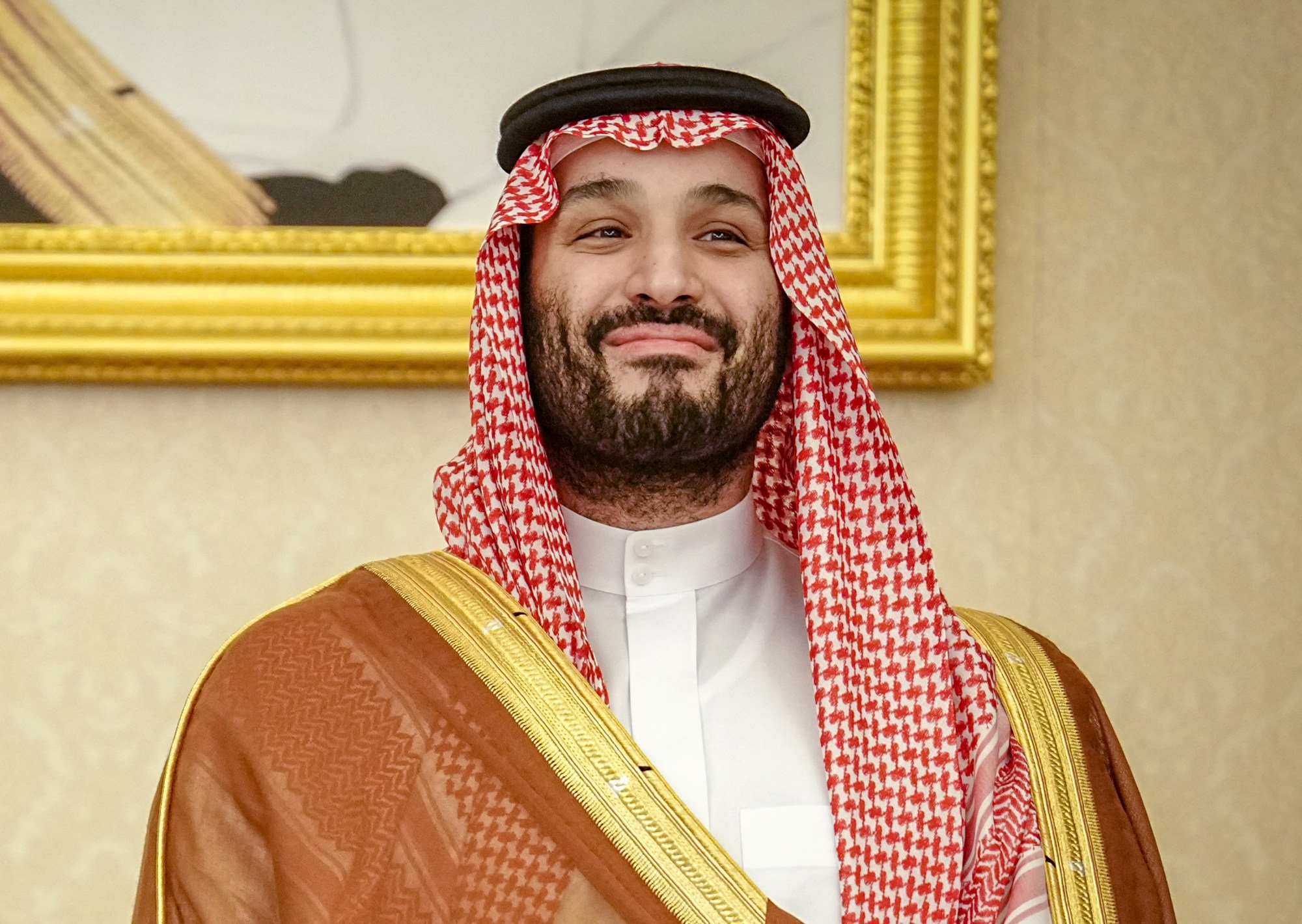
Saudi officials have been quick to acknowledge that the timing of the world exposition in Riyadh is crucial, because it will coincide with the completion of MBS’ 15-year, US$1.25 trillion Vision 2030 programme to grow and diversify the Saudi economy into a global, modern powerhouse on par with the European Union.
The year 2030 “obviously has enormous significance to Saudi leadership”, given the prominent role of Vision 2030, said Robert Mogielnicki, a senior resident scholar of The Arab Gulf States Institute in Washington.
Hosting the World Expo means the crown prince “has already lined up a tangible achievement”.
“It is a commercial feather in the cap of Saudi Arabia’s leadership and is the type of global spotlight that the government wants to shine on the country,” he said.
Preparing for Expo 2030 will “add urgency” to Saudi Arabia’s current plans and provide an incentive to ensure that goals are met on time, said Amjad Ahmad, chairman of the empowerME Initiative at the Atlantic Council’s Rafik Hariri Centre for the Middle East.
With millions of people anticipated to attend the Expo 2030, as has been witnessed at previous expos, “there is limited room for error as the world will be watching”.
“In many ways, this will be Saudi Arabia’s coming out party,” Ahmad said.
Saudi Arabia beats Italy and South Korea to host Expo 2030 world fair
He added that Qatar’s “remarkable success” in hosting the 2022 Fifa World Cup, and Dubai’s “outstanding execution” of Expo 2020, would be benchmarks for Saudi Arabia to beat, or at worst, meet.
Failure to emulate or exceed the standards set for the hosting of global events by Saudi Arabia’s much smaller neighbours would be hugely embarrassing to MBS.
Mogielnicki said preparing to successfully host this event would “certainly require a significant degree of government spending”.
“But it is not as if the Saudi government wasn’t already pushing full speed ahead on development initiatives,” he said.
Winning the Expo 2030 bid in itself would not “unleash a torrent of foreign direct investment into the country”, although it would “certainly attract some very specific forms of inward investment” as well as generate interest across certain industries, Mogielnicki said.
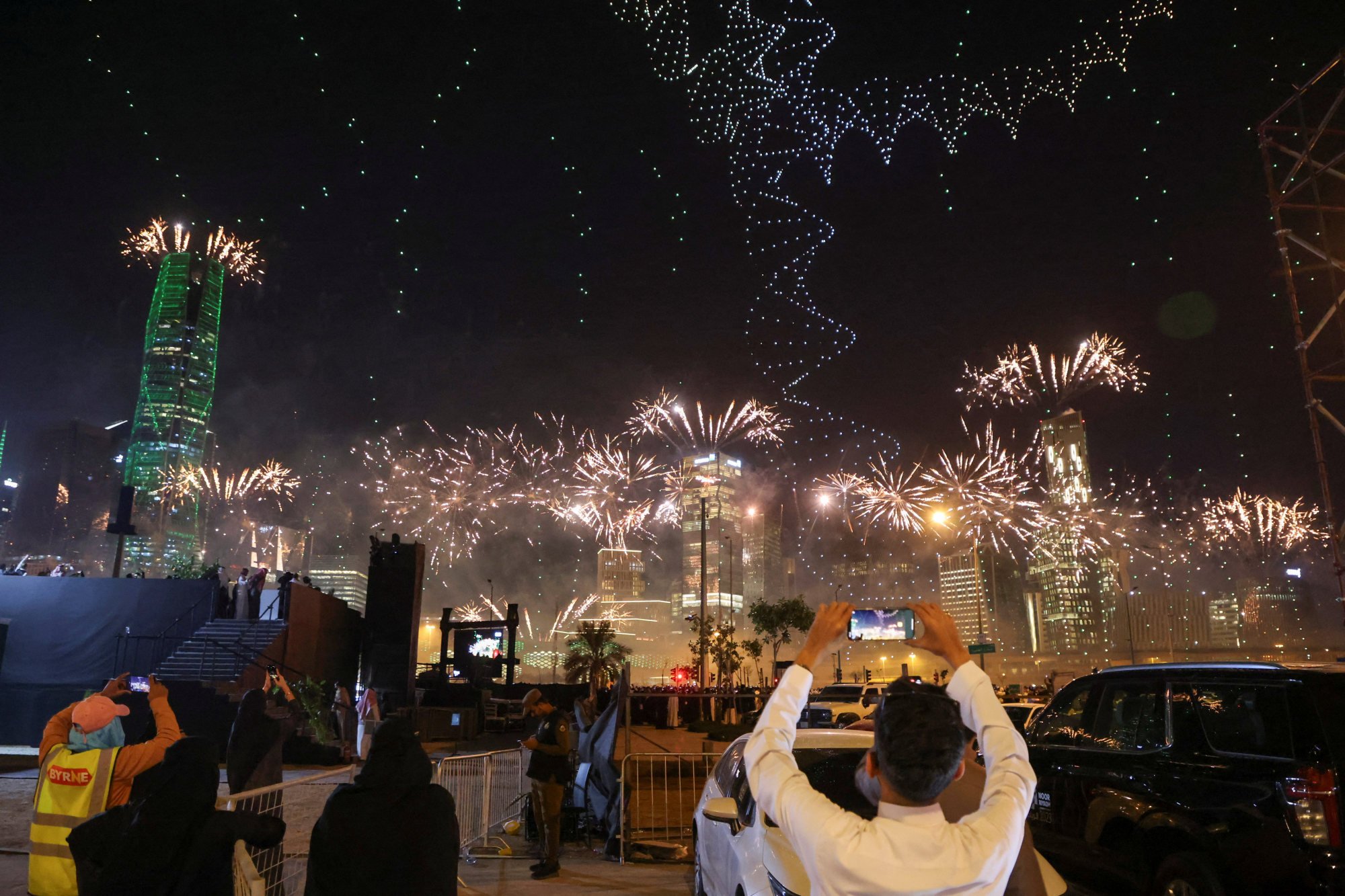
‘Biggest transformation’
Projects worth US$250 billion are currently under execution in the kingdom.
Underpinning all this spending is “an intention to transform the country socially and economically, although perhaps not politically”, said Guy Burton, an independent political analyst who has previously taught international politics at universities in Belgium, Iraq, Malaysia and the United Arab Emirates.
The aim is to reduce the country’s dependence on hydrocarbons, “not least” because the global trend is transitioning to renewable sources of energy.
“So if the Saudi leadership doesn’t lead on this, it risks being left behind and having to deal with the aftermath, which might be messy,” he said.
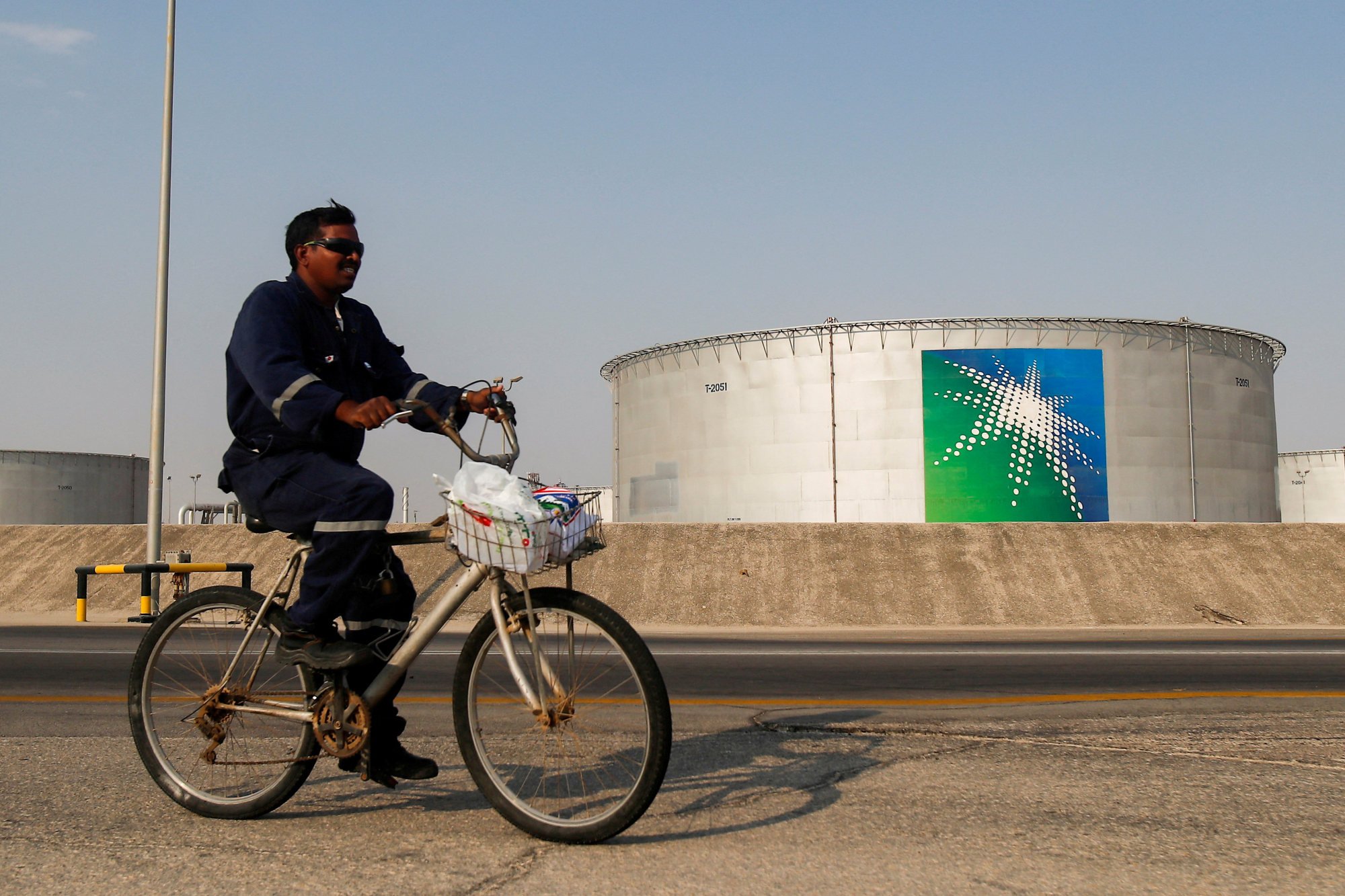
Nor is the type of economic diversification envisaged by Vision 2030 new, either in Saudi Arabia or the wider Gulf region.
“They’ve had several efforts at this in previous decades, but it’s proved difficult to break the link between the relatively easy rents generated by oil and gas production and the generous social contracts provided to their national populations,” Burton observed.
“In short, it’s very hard to see how you break out of your dependence on oil rents when your whole diversification strategy seems to be predicated on those oil rents,” he added.
Nonetheless, prominent Saudi political analyst Salman Al-Ansari said the kingdom was “witnessing the biggest transformation in its history in all aspects, among them economic diversification”.
As the architect of Vision 2030, MBS had shown himself to be “a dreamer and a doer”, he said, adding that global investors “should pay attention to what’s going on in Saudi Arabia” because the opportunities there were “huge and historic”.
Reforms in regulations, along with economic and social reforms, have “paved the way for investors to be part of the Saudi success story”, Al-Ansari said.
Next stop, Saudi Arabia? Oil-rich kingdom works to unlock tourism potential
Ahmad said Saudi Arabia was “aggressively moving” from an oil and gas economy to one driven by multiple sectors, including tourism, entertainment, technology, manufacturing and sports.
Hosting a global event such as the Expo is “highly aligned” with ongoing activities and generates substantial economic activity, boosting infrastructure development, job creation, tourism and investments.
The creation of business and job opportunities for Saudi nationals, in particular the 63 per cent of the population currently aged 30 or younger, is a stated priority of MBS, in part because they are his biggest source of domestic political support and thus vital to his success as the future monarch.
However, Burton said it was “hard to see how the current diversification efforts won’t have an effect” on the national population, especially since the Gulf model has long been one where many nationals tend to work in comfortable public-sector jobs or have access to generous public subsidies.
Many of the diversification strategies emphasise a bigger and more active private sector, which “entails an element of risk and uncertainty” for those working in it.
“That requires a social and cultural shift – and eventually a political one – and it’s not clear to me that that is being attempted,” said Burton, who is the author of China and Middle East Conflicts: Responding to War and Rivalry from the Cold War to the Present.
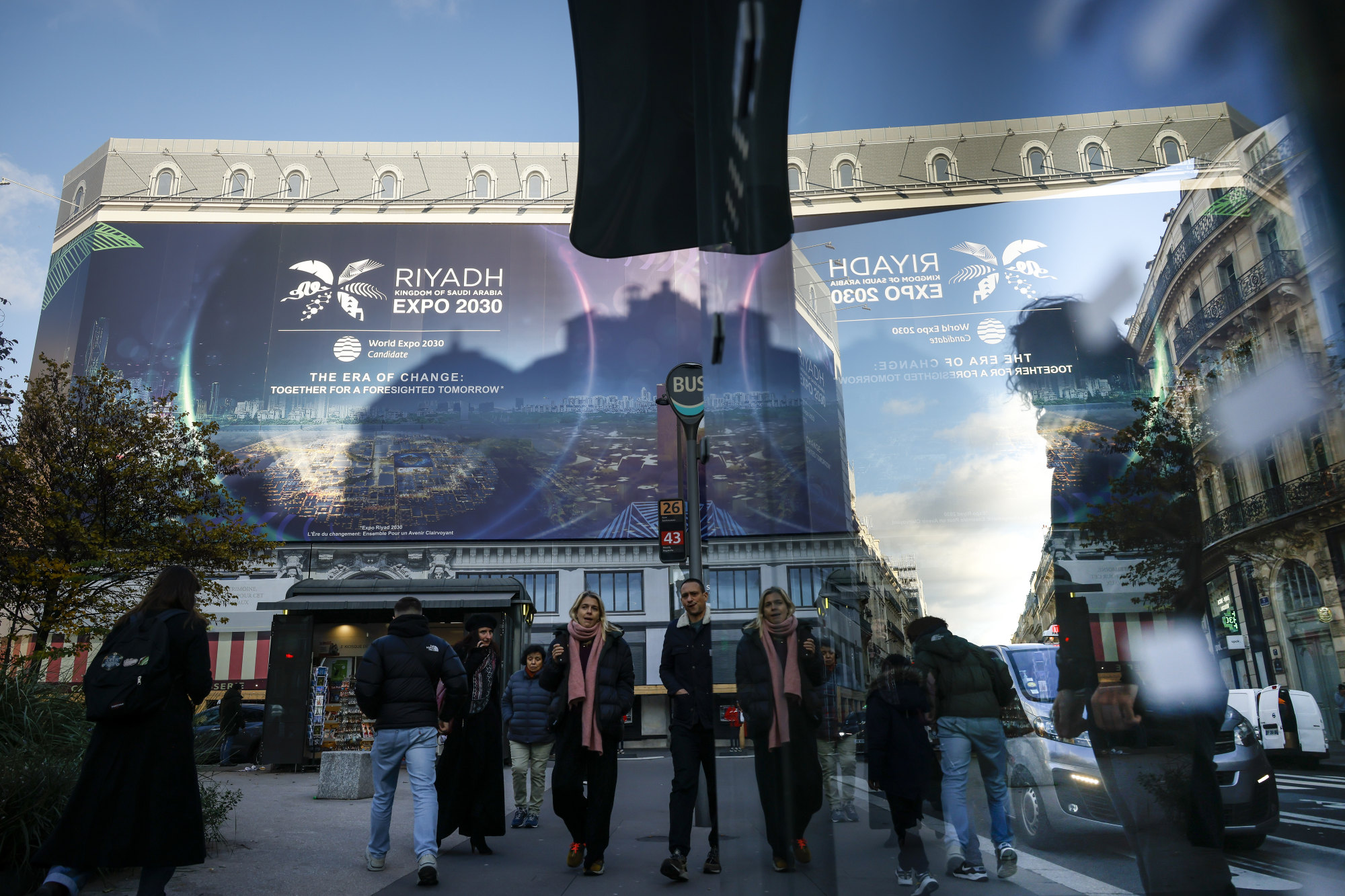
MBS and his close aides are “keen to present” the ‘new’ Saudi Arabia as “young and more liberal, more go-getting”.
But not only has the crown prince “apparently pushed aside” the conservative clerics who previously had a lot of influence within the Saudi regime, “if he doesn’t prepare the younger population for this greater uncertainty, then he could face considerable backlash”.
Saudi Arabia is scheduled to host Expo 2030 a year after holding the Asian Winter Games in its mountainous north, and it hopes to stage the 2034 Fifa World Cup four years later, having recently emerged as the sole bidder.
Staging these global events would greatly help Saudi Arabia make up for its lack of “soft power” by providing unique global platforms to promote its culture, values and achievements, Ahmad said.
Expo 2030 was “an opportunity to reposition the Saudi brand from a conservative, stagnant and closed society, to a moderate, dynamic and welcoming country”, he said.
“It is hard to view this as anything short of an economic and political win” for MBS, Mogielnicki said.
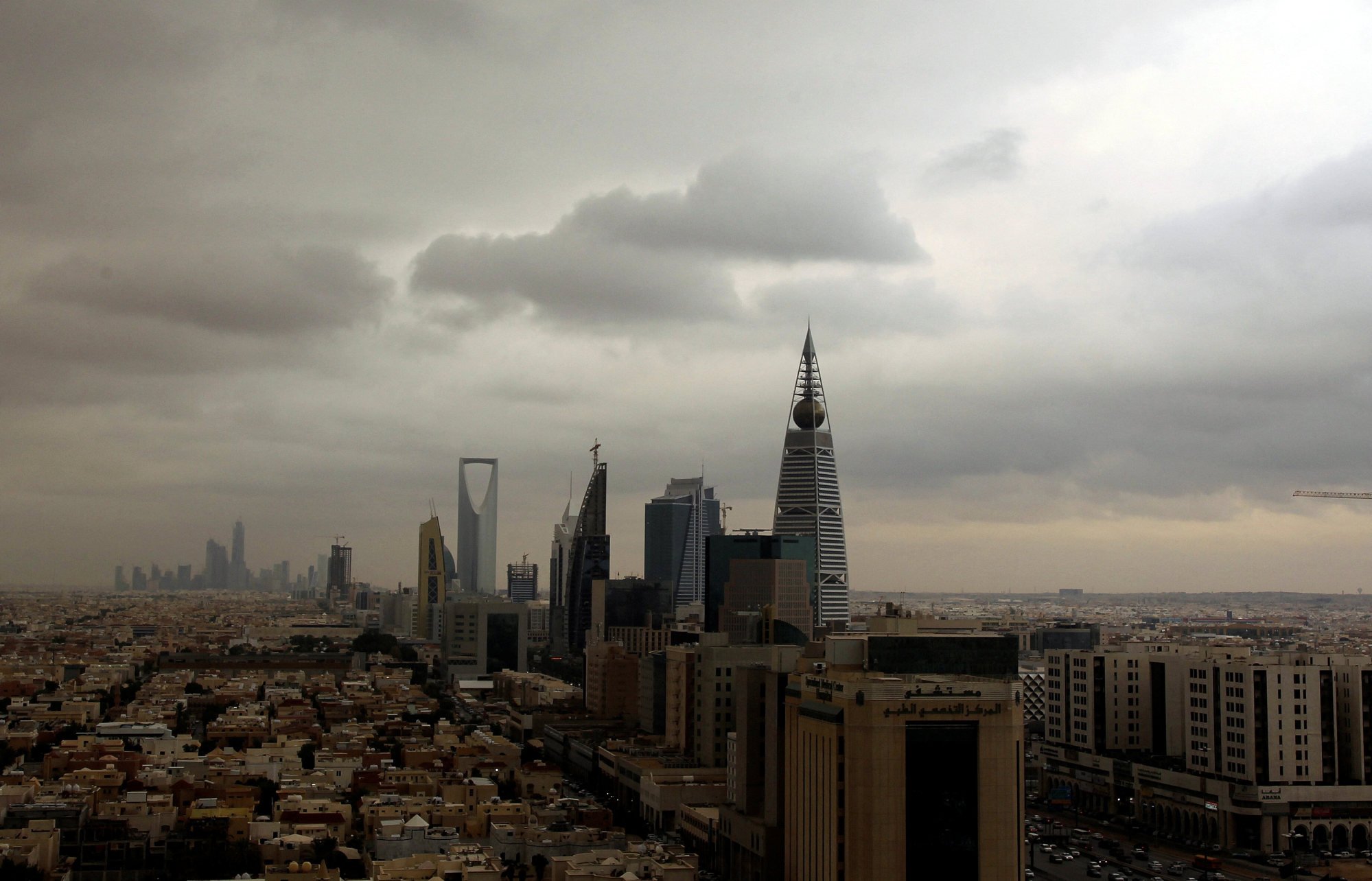
The Saudis “have not been short on ambition over the past few years” but these “big wins demonstrate the sort of tangible accomplishments that the Saudi government wants under its belt”.
“The tougher job will be ensuring that the developmental processes underlying these major events helps to support the long-term economic well-being of the average Saudi citizen,” Mogielnicki noted.
The analysts said MBS’ successes had helped him overcome the global scandal sparked by the murder and dismemberment of journalist Khashoggi, a US resident and Washington Post contributor.
While campaigning to become the US president in 2020, Joe Biden repeatedly called for MBS to be made an international “pariah”.
Biden gives Saudi crown prince hearty handshake a year after awkward fist bump
The crown prince has denied having any prior knowledge of the brutal killing, and the Saudi agents arrested for the crime and deported by the Turkish government were subsequently tried and imprisoned by Saudi courts.
Ahmad said the Saudi crown prince had “successfully rehabilitated his global standing in the past year”, beginning with Biden’s visit to Jeddah in July 2022.
“More importantly, Saudi Arabia’s social and economic transformation has impressed world and business leaders as the country becomes more dynamic and business-friendly,” Ahmad said.
Saudi Arabia has been “one of the few bright spots in an uncertain world economy”, which has provided the crown prince with “the financial firepower to invest regionally and globally”, he added.

